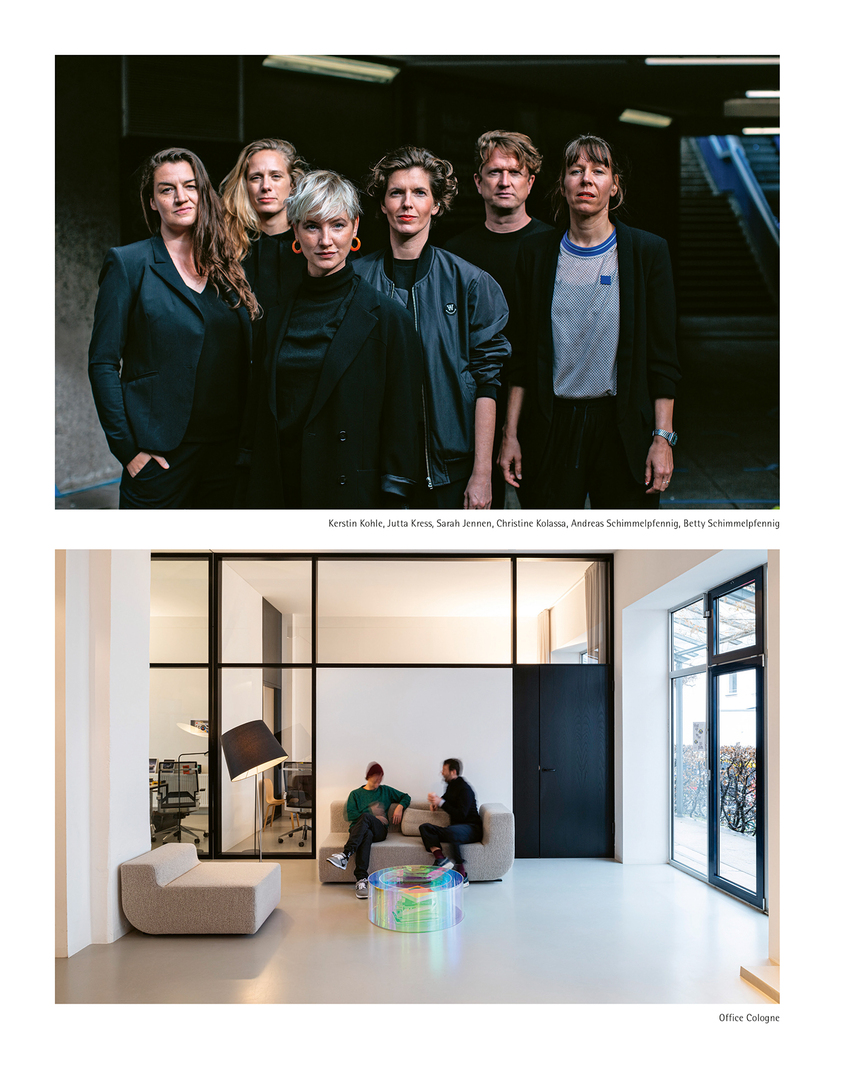
The creative experts at Elastique. are passionate about design, technology and innovation. In interdisciplinary teams they think outside the box to develop new forms of communication that are uncomplicated, understandable and emotionally engaging. By taking this approach, the agency has succeeded in creating an immersive and interactive media installation that lets users take action against hate on the web, and that transforms hate speech into art.
Interview with Elastique.
Red Dot: What is #UNHATE about, and how is it used?
Elastique.: We teamed up with Deutsche Telekom to create a captivating experience that supports the meaningful use of technology. You are immersed in a media room that is literally full of hate speech and are given the opportunity to select one of these comments using a contactless gesture control system (Leap Motion). Then, the hate speech is transformed into aesthetic pieces of art via different AI systems – and is thus deprived of its toxicity.
You created three different kinds of artistic intelligence with the help of AI. How do they work?
We developed three systems that transform real Twitter comments into art, and three artists contributed their interpretations to the design. Each AI takes a unique approach and overcomes hate from a different perspective. The “Playful” experience, akin to pop art, is derived from a human-centred perspective and plays with a dreamlike visual language. The algorithm deconstructs the language of hate by moving through the hate post word by word, coding each word with a voice model and then instructing a second AI model to generate images – thus bringing about an aesthetic transformation of hate into a thing of beauty. “Mindful” is particularly fascinating because the AI behind this approach models cellular growth, which overgrows and dissolves the hate one pixel at a time. The approach is a combination of high-tech and a natural biological process. The third experience, “Progressive”, references a recycling idea, transforming hate into an abstract sculptural artwork.
Why is it important for companies to take a stand against hate on the internet?
Posts are generally not a constructive way to solve problems or air grievances. Especially when they relate to relevant issues. Companies should have a fundamental interest in constructive discourse and inclusive interaction on the internet. They should curate these dialogues to focus on the relevant facts and communicate that it is not okay to anonymously discriminate against others based on their sexuality, ethnicity or other backgrounds.



